The problem with ‘complicated’ and the blocking of a complex world
I find myself on an intersection in New Delhi, India.
Slightly sweating I observe the seemingly impossible task of my taxi driver to get us through the intersection.
From the outside the whole scene looks dangerous and any rational human being would be convinced that there should be put an order to this madness:
“How could we intervene to make this mess flow effortlessly?”
In my work I often see the same automatic reaction to problems and obstacles when everything seems to be in a mess.
It seems to be a human condition: as soon as we are in a chaotic environment we try to make sense of it by breaking it down - by putting it in blocks.
From my early experience as a headhunter and now as an entrepreneurial coach the whole matter gets to the point of understanding the difference between complex and complicated.
To return to the metaphor in my last article “From ball to block, to ball again,” I would relate ‘complex’ to the image of the ball that is able to roll freely and finds its own way. It maintains its ability to explore.
Complicated is what happens when we as humans try to make reality fit into boxes, we block reality. We code it.
We code it and after a while we forget that we once coded it in this way. We lose track of the fact that reality was uncoded when we found it.
The complicatedness is of our own making!
So why do we do this? It is of course helpful for us to get a grip of the complexity but at the same time we have to admit to ourselves that the coding is never completely true.
We block and package past experiences and perceptions so we can ‘exploit’ what we have found out, but as soon as we encounter a problem we are left feeling puzzled because we have lost our base.
The real issue and our way out of it, is in how we have learnt to deal with such events when they happen. We have taught ourselves to be helpless.
So instead of going back to the drawing board and trying to perceive again what the complexity of the situation really is, we try to intervene and control by trying fit it all into our block.
When a client of mine approaches me because he has problem, I’ve noticed that the issue often arrises from this cognitive bias of observing his environment and events happening in their life as complicated instead of complex.
A sense of the beautiful, wholesome complexity has been lost.
But it is never complicated.
Only this view of it, and the problems linked to it, arise when we start to view life and its challenges from a mechanistic or block-ed point of view:
by separating the whole into parts and not realising what makes the whole whole is not only the sum of its parts.
This is great for exploitation: we can create jobs out of these parts. We have an ear doctor, a kidney expert, a podiatrist. But really we cannot take complexity apart into isolated elements without returning to its initial complex unity.
A business or an entrepreneurial outlet works in the same way, with each human being a complex enterprise within itself.
It is the breaking, the blocking into parts that is the creator of the trouble.
Picture by Mike Rafail
We chop a block out of the ball and get so accustomed to it that we forget we started with a ball in the first place.
Only when we encounter an event we cannot deal with, we will start opening ourselves to facing this fact.
Who are you in your full complexity beyond all names, definitions and forms?
What are you trying to do in your full complexity?
This is what needs to be sought and constantly returned to if we want to allow ourselves a full authentic life.
The problem is that many of us stop here. One time we found something and it becomes our ground, our whole belief system. It becomes our profession, our business, the base of our relationships and all is well until it does not go so well anymore.
We are trapped in a complicated view of reality of our creation. And the good thing is that it is not true.
There is always an opening as long as we are open to explore reality again in its full complexity, and are ready to start the journey of return and start the chopping.


